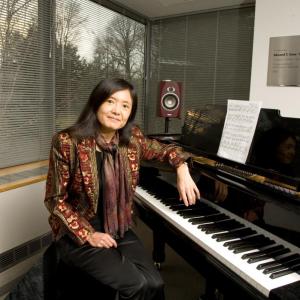The surge of protests that followed the election of Donald Trump has inspired thousands of residents, many of them new to activism, to join. Music and sound are important means to engage these protesters, build solidarity among them, and sustain their cause. These chants and singalongs usually follow the principles of participatory music—simple and repetitive enough so that anyone can join in. As such, most songs and chants are familiar classics, which not only help to maximize participation but also harken back to other struggles, such as the Civil Rights Movement, the 1999 World Trade Organization protests in Seattle and the Occupy Wall Street movement.
While stimulating participation through familiarity, these references to past movements can also exclude participation by some protesters. This presentation offers a preliminary account of the sounds of these protests, outlining the paths of historic reference, innovation, and global circulation. It also discusses the inherent musicality of protest chants and their role in shaping the protest itself.
NORIKO MANABE joined the Boyer faculty in January 2016 as Associate Professor of Music Studies. She is the author of The Revolution Will Not Be Televised: Protest Music After Fukushima (Oxford University Press, 2015), which won the 2017 John Whitney Hall Book Prize from the Association for Asian Studies and Honorable Mention for the 2016 Alan Merriam Prize from the Society for Ethnomusicology. Manabe has also published journal articles and book chapters on Japanese hip-hop, rap and language, ringtones, online radio, children’s songs as propaganda, Cuban modernists and Cuban singer-songwriter Silvio Rodríguez. Her articles have appeared in several journals and edited collections. In addition to Japan, she has conducted field and archival work in Cuba, Spain, Brazil, Mexico, and Bali.
